One of the joys of writing about comedy over the past few years is the decreasing frequency with which I am asked to comment on “women in comedy”, “female comics” or, most egregiously, “are women funny?” I think we can all agree that you're either funny or you're not, no matter which gonads you carry around. So it's interesting to see Funny Cow taking us back to a time – the 1970s – when female comics would be booed off stage.
Maxine Peake is Funny Cow, a Northern working-class woman whose life is aimlessly drifting along until she sees the washed-up comic Lenny (Alun Armstrong) performing in a working men's club and thinks, “I can do that”, and so sets about becoming a stand-up.
She has to overcome a violent husband (Tony Pitts, who wrote the script), following the kind of impoverished childhood that has been mercilessly spoofed elsewhere; violent dad, alcoholic mum, a life so drab that everything – clothes, furniture, the weather – is a shade of grey or brown, or both. Funny Cow, when she finds her voice, is literally a flash of colour, with her blonde hair, bright red lipstick and sparkly red dress, and when as a successful comic she revisit her childhood home it is, of course, in a flash red car.
But she's no working-class hero; Funny Cow's material is racist, sexist and crude, and when she meets local intellectual Angus (Paddy Considine), she brutally ends their relationship when he tells her he wants them to settle down and have children together.
Peake has said an inspiration for Funny Cow was Marti Caine, a product of Northern clubs who achieved huge television fame in the late 1970s, but this is no drama-doc – although the film might have worked better if it had been a work of fact rather than fiction; what results is a film that’s neither one thing nor the other.
While there's a stellar performance at the heart of Funny Cow, it's a less than satisfying watch – unevenly paced, with too many directorial flourishes from Adrian Shergold including frequent flashbacks and not naming the central character (she is “Funny Cow” throughout), and there's also no context for many of its scenes, so the audience have to do the work. Is the comic being interviewed when we see her at the opening of the film, looking back at her life, or has she gone into an onstage reverie? Why didn't the family flourish when Funny Cow's violent dad died, and what caused the close childhood relationship she had with brother to become so sour as adults?
Funny Cow does look the part, though – you can almost smell the cheap beer and feel your shoes sticking to the floor of the tatty clubs (production design by Candida Otton and costume design by John Krausa). And Peake, as the mouthy, belligerent, ballsy Funny Cow, is always a joy to watch, while the jokes – distilled from contemporaneous acts – prove just how far comedy has come.

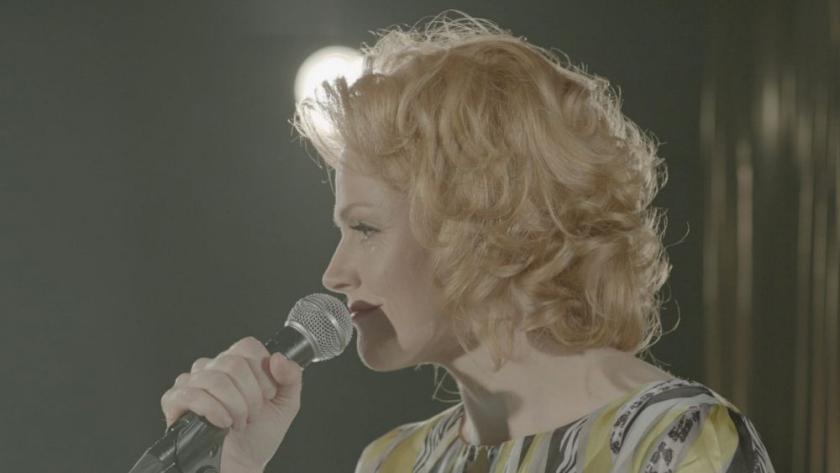

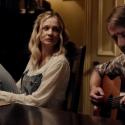

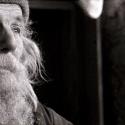
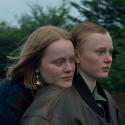
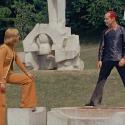
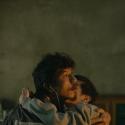
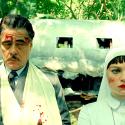

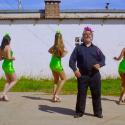

Comments
Add comment